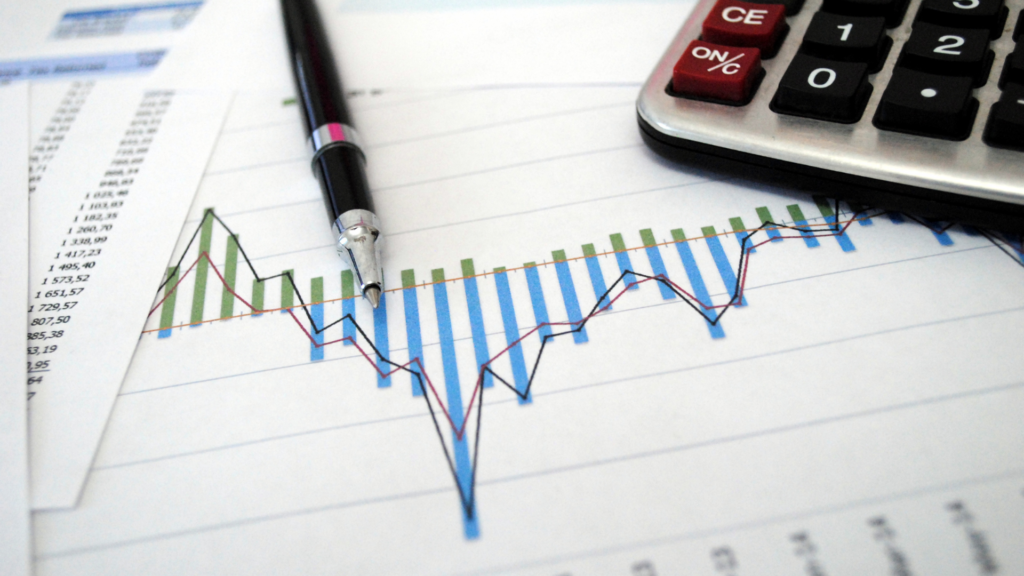
When it comes to commercial property investment, the stakes are higher—and so is the potential return. However, unlike residential properties, commercial investments come with their own set of complexities. To make sure you’re not getting caught in a money pit, it’s crucial to assess the return on investment (ROI) carefully. But don’t worry—here’s a straightforward breakdown of the key factors to help you evaluate your commercial property’s ROI.
1. Calculating Net Operating Income (NOI) for Commercial Property Investments
First things first: calculating the Net Operating Income (NOI) is essential. This figure gives you an idea of the property’s income after operating expenses, but before mortgage payments and taxes. It essentially tells you if the property can generate enough revenue to justify the investment.
How to calculate NOI:
NOI = Gross Rental Income – Operating Expenses
Operating expenses can include things like property management fees, repairs, insurance, and utilities. If the NOI is strong, that’s usually a good sign—indicating a stable cash flow, which is crucial for a profitable investment.
2. Calculating the Cap Rate for Commercial Real Estate Investments
Next up: Cap Rate (capitalization rate). This ratio is a quick and easy way to determine how profitable a property is based on its current market value.
The formula:
Cap Rate = (NOI / Property Value) x 100
For example, if the property’s NOI is $100,000 and it’s valued at $1,000,000, the cap rate would be 10%. Generally, a higher cap rate means a higher return—but it can also mean more risk. A lower cap rate usually indicates a safer investment with more moderate returns. The ideal cap rate will depend on the type of property and its location, but it’s a key number to help you assess profitability.
3. Analyzing Local Market Trends for Commercial Property Returns
Of course, you can’t assess a property’s potential in a vacuum. Local market conditions play a huge role in ROI. Look at the area’s economic growth, population trends, and demand for commercial space. If the local economy is booming or the area is becoming a popular business hub, your property could appreciate significantly over time.
It’s also important to look ahead—consider what the area might look like in the next five to ten years. A property in a growing, high-demand area can lead to bigger returns down the road.
4. Financing Costs and Their Impact on Commercial Property ROI
Financing is a big piece of the ROI puzzle. Commercial loans tend to come with higher interest rates and shorter repayment periods compared to residential loans. This means you’ll need to account for these costs when calculating your returns.
Calculate your mortgage payments—both monthly and annual—and subtract these from your expected cash flow. A property that initially looks like a great investment could end up being less profitable once you factor in financing costs.
5. Tax Considerations When Investing in Commercial Properties
Tax time is always a good time to double-check your potential ROI. Commercial properties offer some tax advantages, like deductions for depreciation, interest, and other operating expenses, which can enhance your returns. But, remember, taxes don’t just end with deductions. Property taxes, capital gains tax, and stamp duty will also affect your bottom line.
To make the most of the available tax benefits and plan for potential liabilities, it’s always wise to work with a tax advisor who specializes in real estate. Learn more about the tax implications of commercial property investments from trusted sources like the Australian Taxation Office.
6. Estimating Future Value and Growth for Commercial Real Estate
Lastly, you’ll want to assess the property’s future value. While it’s essential to know how the property performs today, you also need to think about its future potential. Consider factors like future rent increases, property appreciation, and maintenance costs. A popular method to assess future ROI is discounted cash flow (DCF) analysis, which projects future income and adjusts for inflation to give a clearer picture of long-term potential.
Planning ahead for growth can give you an edge in determining whether the property will remain a solid investment in the years to come.
Conclusion
Assessing the potential ROI of a commercial property isn’t just about the numbers—it’s about understanding the full picture. From NOI and cap rates to market trends and financing costs, there’s a lot to consider. But don’t let this intimidate you. With the right approach, you can confidently evaluate a commercial property’s financial potential and make informed decisions.
Ready to dive into commercial property investment? The team at Quantum Buyers Agents is here to help you navigate the process, every step of the way. Contact us today to learn how we can assist with your next investment. Let’s make sure your next property isn’t just a good deal—it’s a great one!








